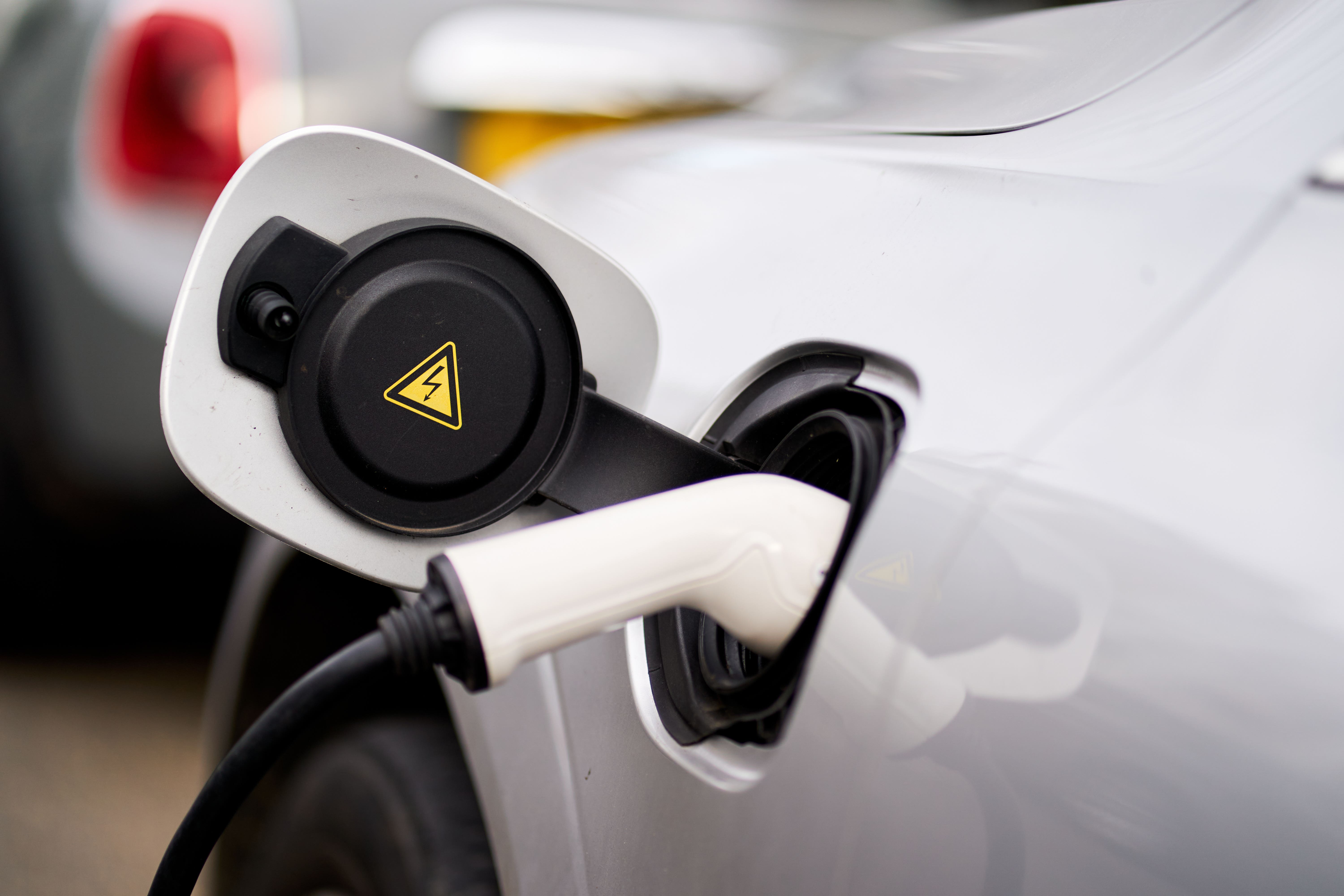Volvo puts brakes on electric cars plan
The Swedish company attributed the change in policy to poor infrastructure
Your support helps us to tell the story
From reproductive rights to climate change to Big Tech, The Independent is on the ground when the story is developing. Whether it's investigating the financials of Elon Musk's pro-Trump PAC or producing our latest documentary, 'The A Word', which shines a light on the American women fighting for reproductive rights, we know how important it is to parse out the facts from the messaging.
At such a critical moment in US history, we need reporters on the ground. Your donation allows us to keep sending journalists to speak to both sides of the story.
The Independent is trusted by Americans across the entire political spectrum. And unlike many other quality news outlets, we choose not to lock Americans out of our reporting and analysis with paywalls. We believe quality journalism should be available to everyone, paid for by those who can afford it.
Your support makes all the difference.Volvo has announced it will abandon its ambitious plan to sell only fully electric cars by 2030.
The Swedish company announced on Wednesday it is now aiming for 90-100 per cent of its global sales to be either pure electric or plug-in hybrid at that point.
It said this will “allow for a limited number of mild hybrid models to be sold, if needed”.
Volvo’s previous target, set in 2021, was for all its cars to be pure electric by 2030.
Volvo, majority-owned by China’s Geely, attributed the change in policy to a “slower than expected” rollout of charging infrastructure, the withdrawal of government incentives in some markets and “additional uncertainties” created by recent tariffs on electric vehicles.
Volvo Cars chief executive Jim Rowan said: “We are resolute in our belief that our future is electric.
“An electric car provides a superior driving experience and increases possibilities for using advanced technologies that improve the overall customer experience.
“However, it is clear that the transition to electrification will not be linear, and customers and markets are moving at different speeds of adoption.
“We are pragmatic and flexible, while retaining an industry-leading position on electrification and sustainability.”

Last month it was announced that the proportion of new cars expected to be pure electric this year has been downgraded due to weakening demand from private buyers.
A forecast issued by the Society of Motor Manufacturers and Traders (SMMT) estimates that pure electrics will take an 18.5 per cent market share in 2024.
In April the figure was expected to be 19.8 per cent.
The overall outlook for how many new cars will be registered this year has also fallen, from around 1,984,000 to 1,968,000.
In July the sector recorded its 24th consecutive month of year-on-year growth.
Some 147,517 new cars were registered in July, up 2.5 per cent from July 2023.
The increase was sustained entirely by purchases for fleets owned or leased by businesses or other organisations (up 13.0 per cent).
Uptake from private buyers continued to diminish, down 11.1 per cent.
SMMT chief executive Mike Hawes said: “Two years of new car market growth against a backdrop of a turbulent economy is testament to the sector’s resilience and the attractiveness of the deals on offer.
“Weakening private retail demand, however, particularly for EVs and despite generous manufacturer discounts, is the overriding concern.
“More people than ever are buying and driving EVs but we still need the pace of change to quicken, (or) else the UK’s climate change ambitions are threatened and manufacturers’ ability to hit regulated EV targets are at risk.
“Achieving market transition at the pace demanded requires greater support for consumers and, with the all-important new numberplate month of September beckoning, action on incentives and infrastructure is needed now.”
Under the zero emission vehicle mandate, at least 22 per cent of new cars and 10 per cent of new vans sold by each manufacturer in the UK this year are required to be zero emission, which in most cases means pure electric.
The threshold will rise annually.
Manufacturers risk being required to pay the Government £15,000 per polluting vehicle sold above the limits.
But businesses are not expected to face fines this year because they will be able to use flexibilities such as purchasing credits from rival companies.
